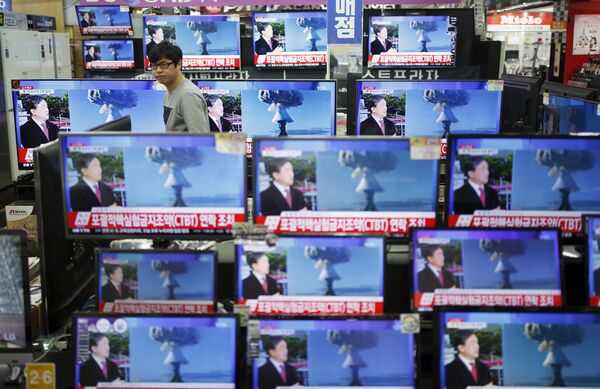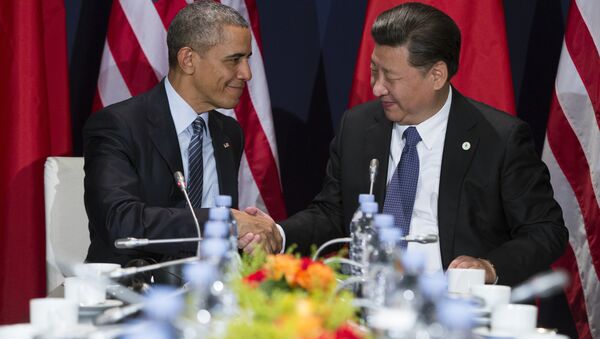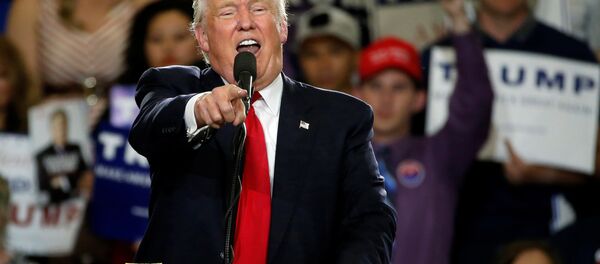In the coming months, "more emphasis is likely to be placed on China as a serious strategic competitor, if not an outright adversary," Ted Galen Carpenter, a senior fellow in defense and foreign policy studies at the Cato Institute, warned. Washington's containment strategy, the analyst added, has already entered its second stage that he referred to as "the initial phase of activation."
If US policymakers don't want to add extra strain to the already tense relationship with Beijing, it is time to hit pause and reevaluate their strategy that has recently involved deepening ties with India and Vietnam, as well as engaging in controversial "freedom of navigation" operations in the South China Sea. None of those make Beijing happy.
First thing hardliners in Washington should keep in mind is that "reviving anything even faintly resembling the Cold War-era containment policy that worked against the Soviet Union is a hopeless quest." the analyst observed.

It's the economy, stupid
"China is America's second largest trading partner. In 2015, the United States exported $116 billion in goods to China while importing $482 billion. Disrupting that relationship would be extremely costly and painful for both countries," Ted Galen Carpenter explained.
On the contrary, America's economic relations with the Soviet Union were largely a non-issue. It follows then that Washington did not have to take the economic cooperation factor into account when formulating its strategy on Moscow following the WWII.
Containment is a multiplayer game
Just like in the Cold War days, Washington will need partners and allies to pull off a strategy aimed at countering China.
"Conducting a containment policy against the Soviet Union during the Cold War was feasible because (at least during the crucial formative stages) neither the United States nor its key allies had much of a political or economic relationship to lose with Moscow," the analyst observed.
This is not going to happen today. Most Asian nations, including close US allies Japan and South Korea, have extensive economic ties with Beijing. It is highly unlikely that some of them would want to jeopardize this to back Washington's attempts to counter China.

North Korea's nuclear program
"It is nearly impossible, for example, to imagine progress being made on the difficult and complex issue of North Korea's nuclear and ballistic missile programs without China's extensive involvement," Ted Galen Carpenter noted.
Hawks in Washington, particularly in the US military and foreign policy establishment, should tone down their rhetoric when it comes to China. Otherwise, their strategy of trying to contain the dragon will likely cause undesired effects – particularly for the US.
"In attempting to preserve US primacy in East Asia and the western Pacific, US leaders are intruding into the South China Sea and other areas that logically matter far more to China than to America. Such a strategy is likely to result either in a humiliating US retreat under pressure or a disastrous military collision," the analyst warned.




